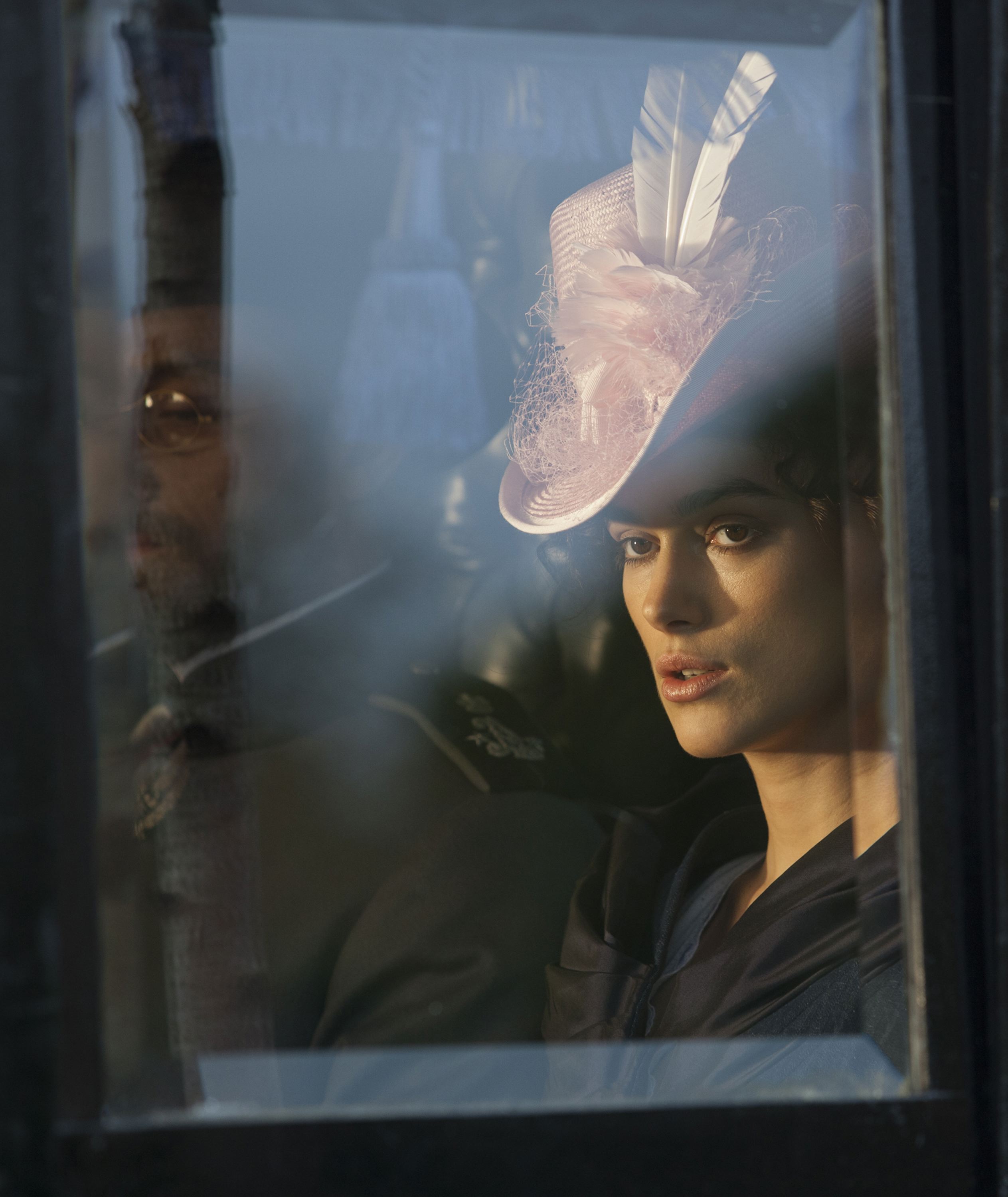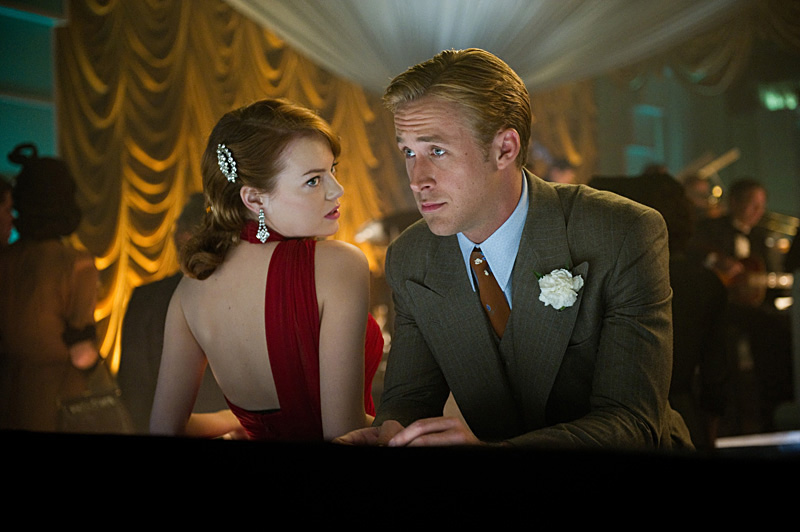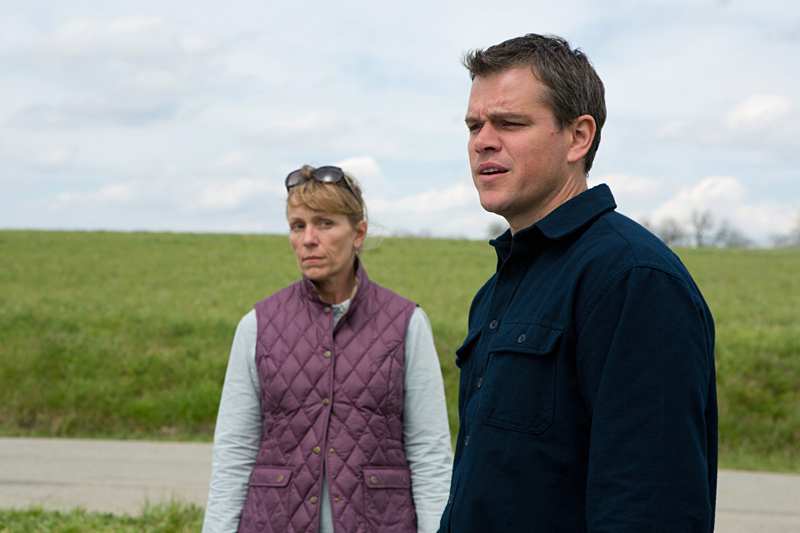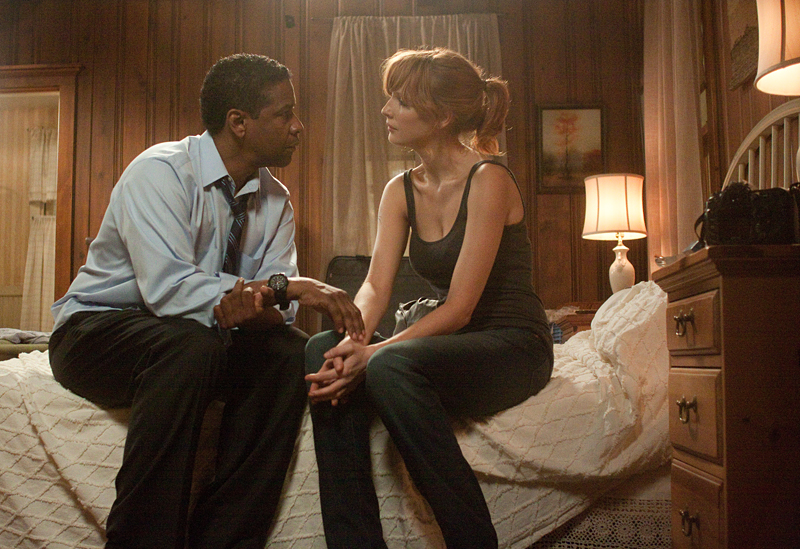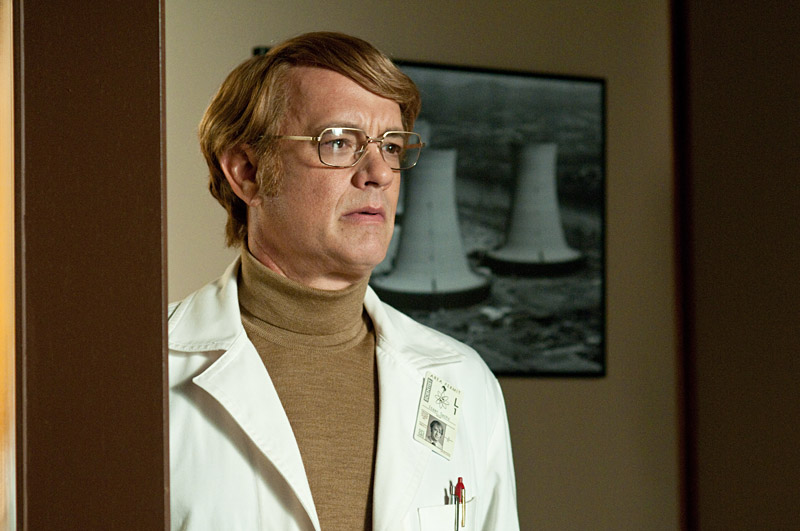Tolstoy’s family epic has been smartly contoured to fit just more than two hours of screen time by Sir Tom Stoppard, responsible for “literate” movies like Shakespeare in Love and the screenplay to R.W. Fassbinder’s clumsy adaptation of Vladimir Nabokov’s Despair, a film that proves the difficulty of moving great art from page to screen. As Nabokov says, “A tinge of poshlost“—the Russian phrase translates roughly as “kitsch”—”is often given by the cinema to the novel it distorts and coarsens in its crooked glass.” As always, wife and young mother Anna (Keira Knightley) falls madly for a Russian officer, Vronsky (powder-puffed Aaron Taylor-Johnson). The first of this match’s tragic consequences is Vronsky’s jilting of Princess Kitty (Alicia Vikander), who, in the B story, is courted by the surly, shy, and awkward Levin (Domhnall Gleeson). Levin is the bosom friend of Anna’s philandering brother, Oblonsky (Matthew Macfadyen)—prey to the same governing passions as his sister, but to none of the social and legal reproach. The most immediately striking element is the self-conscious theatricality of director Joe Wright’s staging. Dutiful to the text, the film begins in Oblonsky’s study—but this study is located in the proscenium arch of an empty theater, while an invisible orchestra is heard to tune. Wright misses few opportunities to emphasize the artifice, all in service of a commonplace argument: Life among the 19th-century aristocracy was entirely a matter of stagecraft. Thankfully, the men and women populating Wright’s little theater are something more than cutouts. Knightley’s emotions come through with a gasping immediacy, and Jude Law deserves special notice as Anna’s cuckolded husband.
Anna Karenina: Keira Knightley’s Mad, Theatrical Passion
